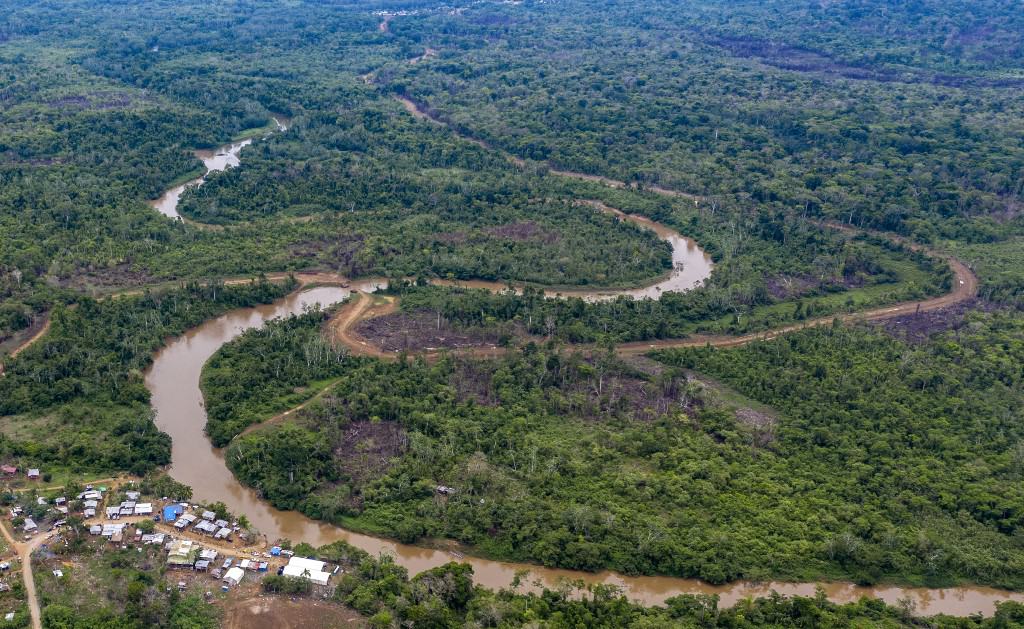Several attorneys general from Latin America met Monday in Panama to seek formulas that allow a greater exchange of information to combat the groups that promote irregular migration, at a time when the Panamanian border has been overwhelmed.
“It is necessary to promote international legal cooperation and the spontaneous transmission of information to facilitate the promotion of transnational investigations” against migrant smugglers, says a statement signed by senior officials meeting in Panama.
In addition, the text signed by the prosecutors of Brazil, Colombia, Costa Rica, Chile, Ecuador, Honduras, Guatemala and Panama points out the importance of promoting “the formation of joint teams” to facilitate the “exchange of information in a permanent and timely manner.”
“This meeting will enable us to have a fluid exchange of information that will allow us to really identify those groups that act transnationally” and that form “criminal networks with incidence in several countries,” said the attorney general of Panama, Javier Caraballo.
The meeting in the Central American country takes place at a time when thousands of migrants are crossing the inhospitable Darien jungle, on the border between Panama and Colombia.
This 575,000 hectare Panamanian jungle with no land routes of communication has become a corridor for irregular migration that, from South America, crosses Central America on its way to the United States.
So far this year, more than 65,000 migrants have passed through the Darién — 25,000 in the month of August alone — according to Panamanian Security Minister Juan Pino.
Most are Haitians and Cubans, although there are also migrants from Asia and Africa.
Faced with the endless flow of migrants, the Colombian and Panamanian authorities set quotas to let 500 people pass a day.
Prosecutors are now seeking greater coordination to investigate, confront and prosecute human traffickers, although they acknowledge that the task will not be easy.
“We are not going to solve a problem of migrant smuggling from one moment to the next because there are political issues that also correspond to the countries,” said the attorney general of Colombia, Francisco Barbosa.
Those attending the meeting highlighted that the coordination and cooperation of investigative entities is a “priority” due to the “notable increase” of criminal organizations that “exploit the vulnerability of people in an irregular situation.”
To combat this problem, they asked for facilities to move around the region, to be able to investigate crimes related to human trafficking and receive complaints.
The information “has to be homologated and it has to be exchanged between each of our countries,” said Panamanian Foreign Minister Erika Mouynes.






